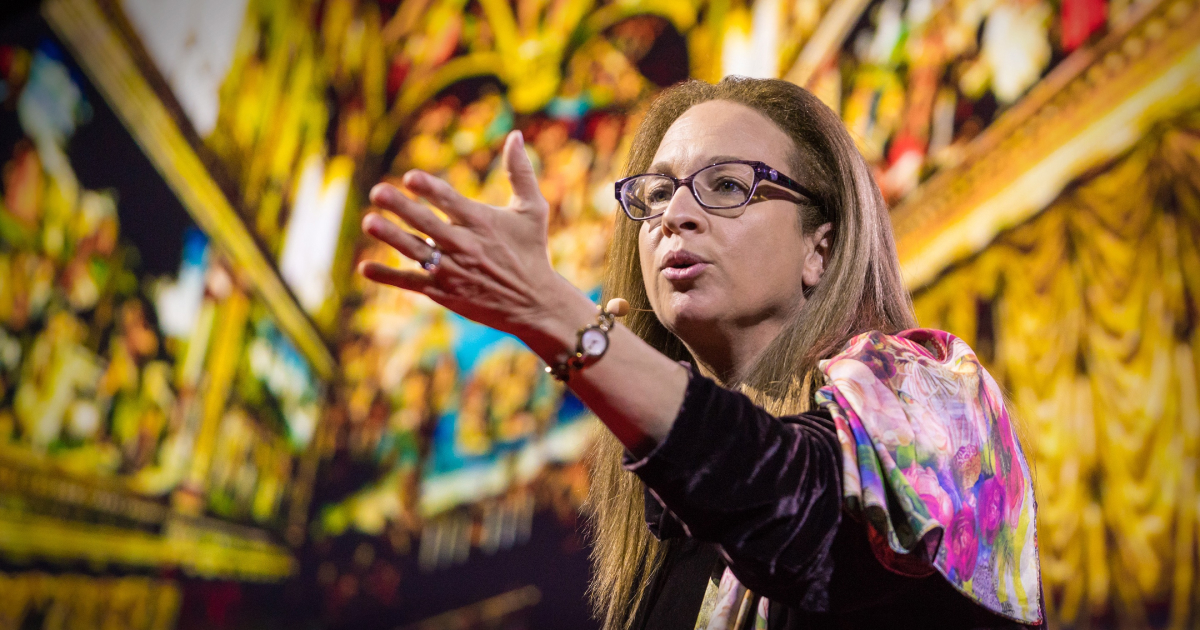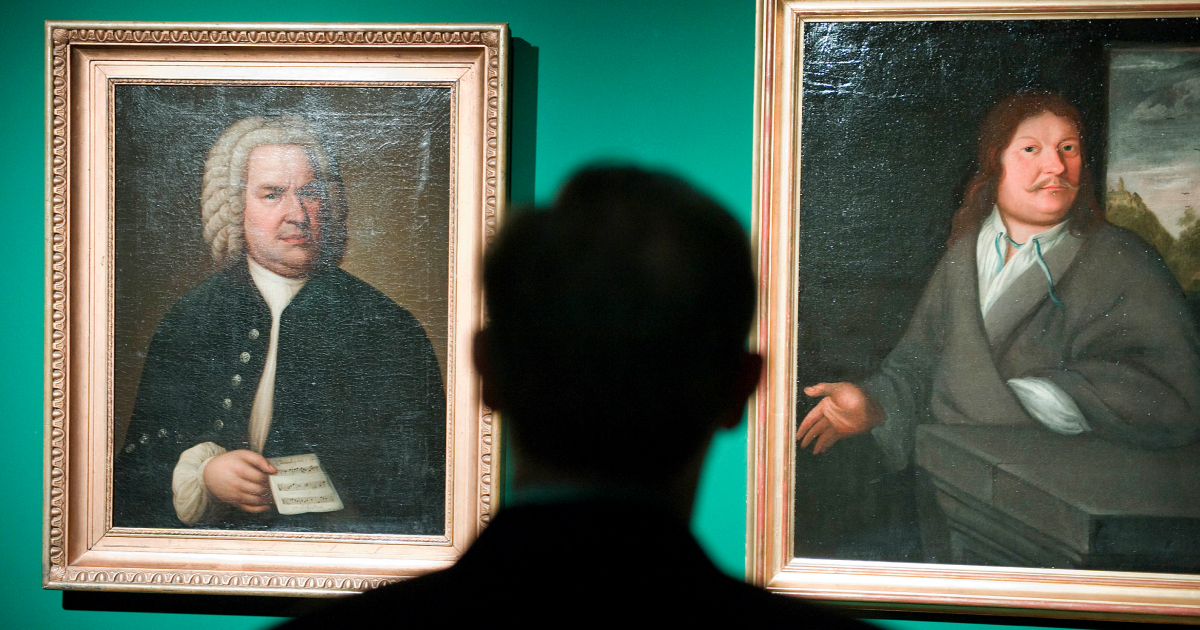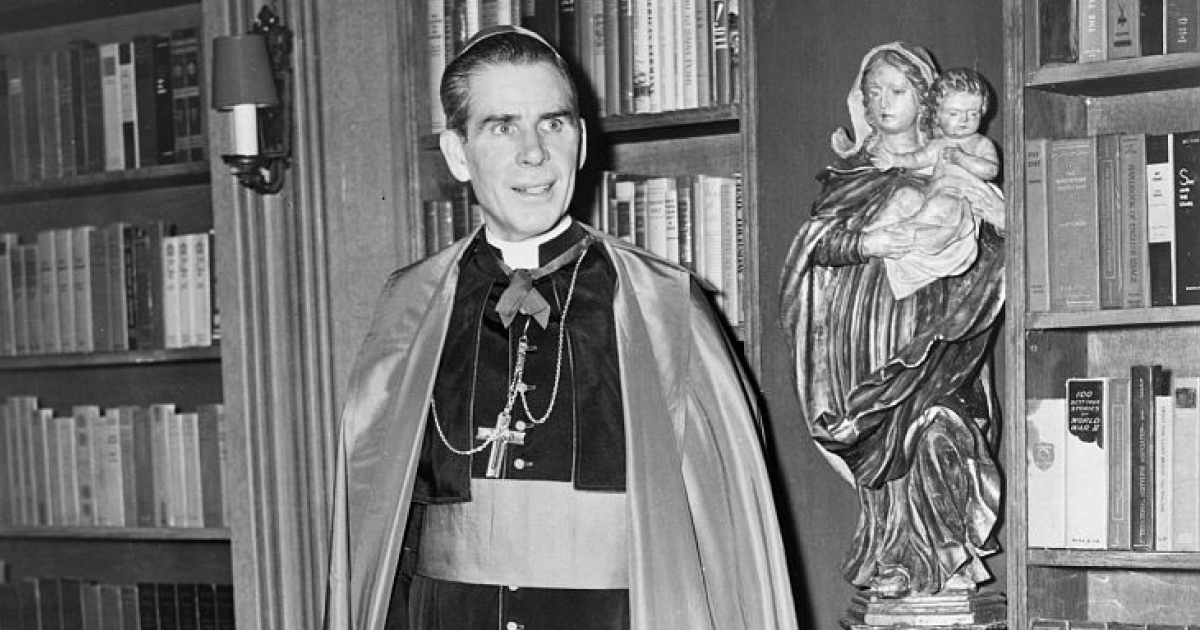A strong majority of over two-thirds of peers spoke against the assisted suicide Bill during day one of its Second Reading in the House of Lords on Friday.
It means peers “have in effect declared that the House of Lords is on course to reject the Leadbeater assisted suicide Bill at Third Reading”, reports The Conservative Woman (TCW) website.
The conservative media, which focuses on threats to free speech, freedom of conscience and to Western Judeo-Christian heritage, notes that an analysis of speeches on 12 September, completed by Right To Life UK’s Policy Team, shows that of the 86 peers who took a position on the Bill in their speeches, 58 (67 per cent) spoke in opposition to the Bill and 28 (33 per cent) spoke in favour.
This represents more than double the number of peers speaking in favour to the Bill. A further three peers did not take a position.
This contrasts, TCW notes, with the Bill’s Second Reading in the House of Commons, where a majority of MPs spoke in favour of the Bill.
As a result, "the House of Lords is likely to be significantly more opposed than supportive of the Bill, and given that the House of Lords can reject the Bill, it is looking increasingly looking like that the bill will never become law".
That the Lords can still reject the assisted suicide Bill is something most people are unaware of, TCW highlights. But because it is not a government-backed Bill and was not part of Labour's manifesto promise, the Lords are constitutionally entitled to block or heavily amend it.
In a Spectator article, Nikki da Costa, a former Number 10 Director of Legislative Affairs, explains that the House of Lords is under no duty to pass a Private Members’ Bill such as the Terminally Ill Adults (End of Life) Bill, particularly as it was not part of the Government’s manifesto.
The proposed Bill to legalise assisted suicide in England and Wales is under consideration by the House of Lords having made it through the initial parliamentary procedures and votes in the House of Commons.
Unusually, the Bill will have two days, rather than one, for an initial debate on the entire Bill – known as a Second Reading. This is partly because so many peers have requested to speak during the debate.
The second day of the House of Lords' debate is due to occur on 19 September. Voting is expected to come later in the autumn when the Bill returns to the House of Lords for peers to suggest changes or amendments.
If the Lords do pass amendments that Kim Leadbeater, the Labour MP behind the Bill, does not agree with, she could try to overturn them in the Commons before the Bill returns to the Lords for a second time, a type of political ping-pong that could take several weeks.
However, according to the BBC, sources in favour of the Bill are confident it will pass, claiming they are not anticipating anything that could derail the Bill from passing. Though that position was expressed before the first day of debate in the House of Lords.
If there are any significant delays and the Bill does not clear all the parliamentary stages by the spring in 2026, the whole process would have to start again with a new bill unless Prime Minister Keir Starmer adopts the assisted suicide Bill as a parliamentary bill.
The Catholic Church in England and Wales has continued to warn against the dangers that the proposed Bill poses to the sick and vulnerable, arguing that if the Bill is passed into law it will mark a terrible turning point in British culture and in the way that society views and treats life and death.
Former British Prime Minister Theresa May gave a damning assessment of the assisted suicide Bill during the debate on Friday in the House of Lords, which lasted seven hours without pause, during which nearly 95 peers spoke.
"This is not an 'assisted dying' bill, it is an assisted suicide bill,” Baroness May of Maidenhead said.
“As a society we believe that suicide is wrong.”
To illustrate this, Baroness May noted that the government has a national suicide prevention strategy, and that “we bemoan” the number of young people lured into suicide by the likes of social media and what they read on the Internet.
“Suicide is wrong," she continued. "But this bill effectively says suicide is OK. What message does that give to our society?"
She concluded by repeating her fundamental point: “Suicide is wrong. This bill is wrong. And in my opinion it should not pass."
Photo: Members of the House of Lords and guests sit in the Lords Chamber, ahead of the State Opening of Parliament, in the Houses of Parliament, London, 17 July 2024. (Photo by AARON CHOWN/POOL/AFP via Getty Images.)





.jpg)





.jpg)





